Death isn’t an easy subject for anyone to deal with, but Western society certainly doesn’t help with that. From an early age, many of us are made to feel like dying is something completely taboo and terrible, making it difficult to have honest conversations about the topic. We’re here to set the record straight today with these 17 commonly believed myths about dying.
Dying Means Pain and Suffering

One of the most common myths about dying is that it always involves a great deal of pain and suffering. But in reality, a lot of people have a very peaceful and even pleasant passing, spending their last moments in very little pain and surrounded by their loved ones. As noted by Verywell Mind, there are many effective methods of managing and alleviating pain and improving one’s experience of death.
Hospice Care Means Giving Up

Some people feel reluctant to use hospice care because they believe that it means giving up on life. However, it’s important to acknowledge that hospice care is actually there to improve your quality of life and give you the support you need during your final months. This can actually make patients live longer, happier lives than they would have done without the additional support.
Talking About Death Makes It Happen Faster
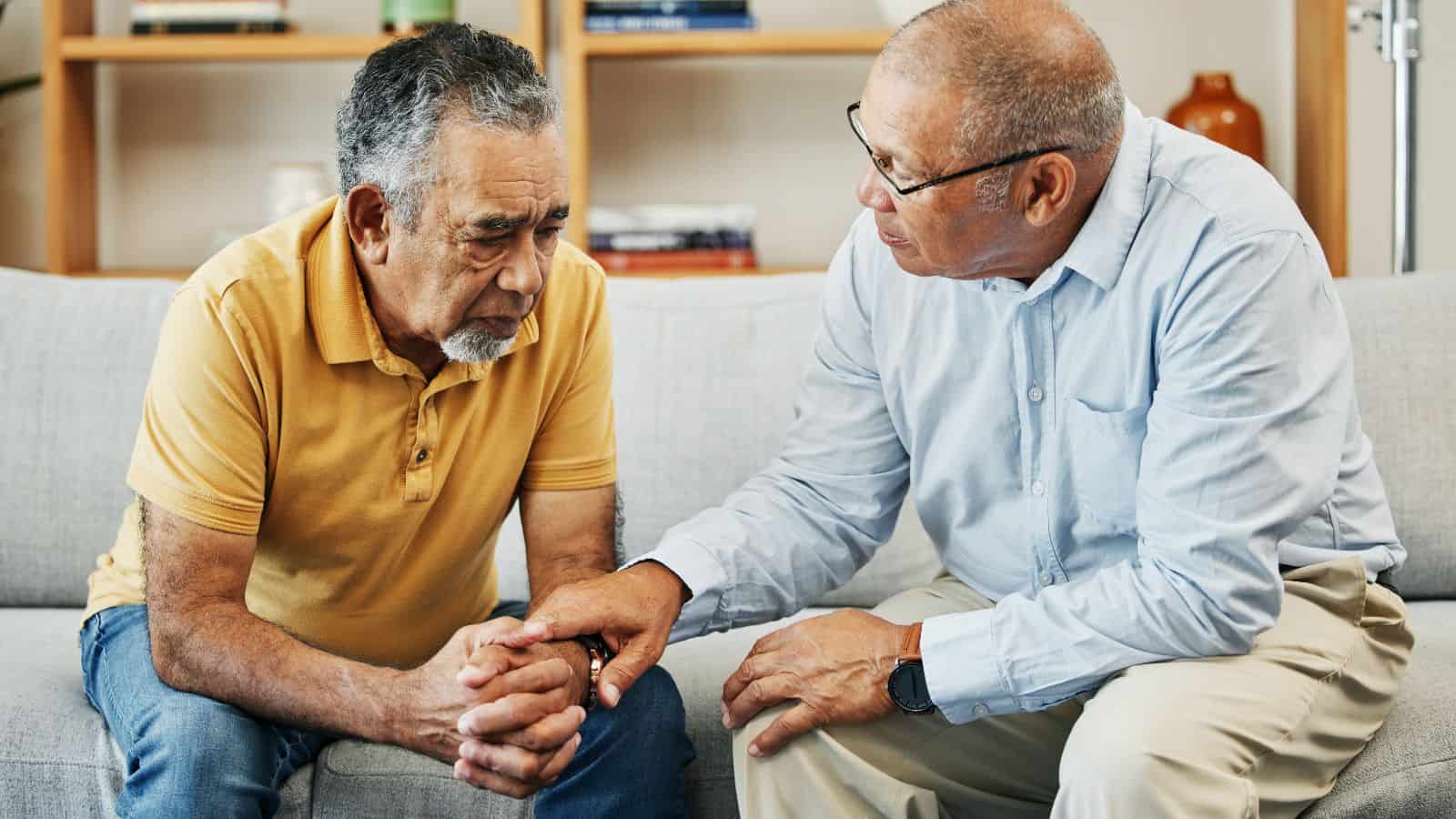
Another common belief is that talking about death can bring it on faster. This is not true, and holding back from these discussions can actually prevent you from having important and healthy conversations that could improve your mental and physical well-being. For example, it can help reduce fears or misunderstandings about the process.
Palliative Care Is Only for Cancer Patients

Contrary to what some people think, palliative care is not limited to people who have cancer. Anyone who’s battling a serious illness can greatly benefit from this service, helping to improve their quality of life, lessen distressing symptoms, and make the process less stressful.
CPR Always Works Like on TV
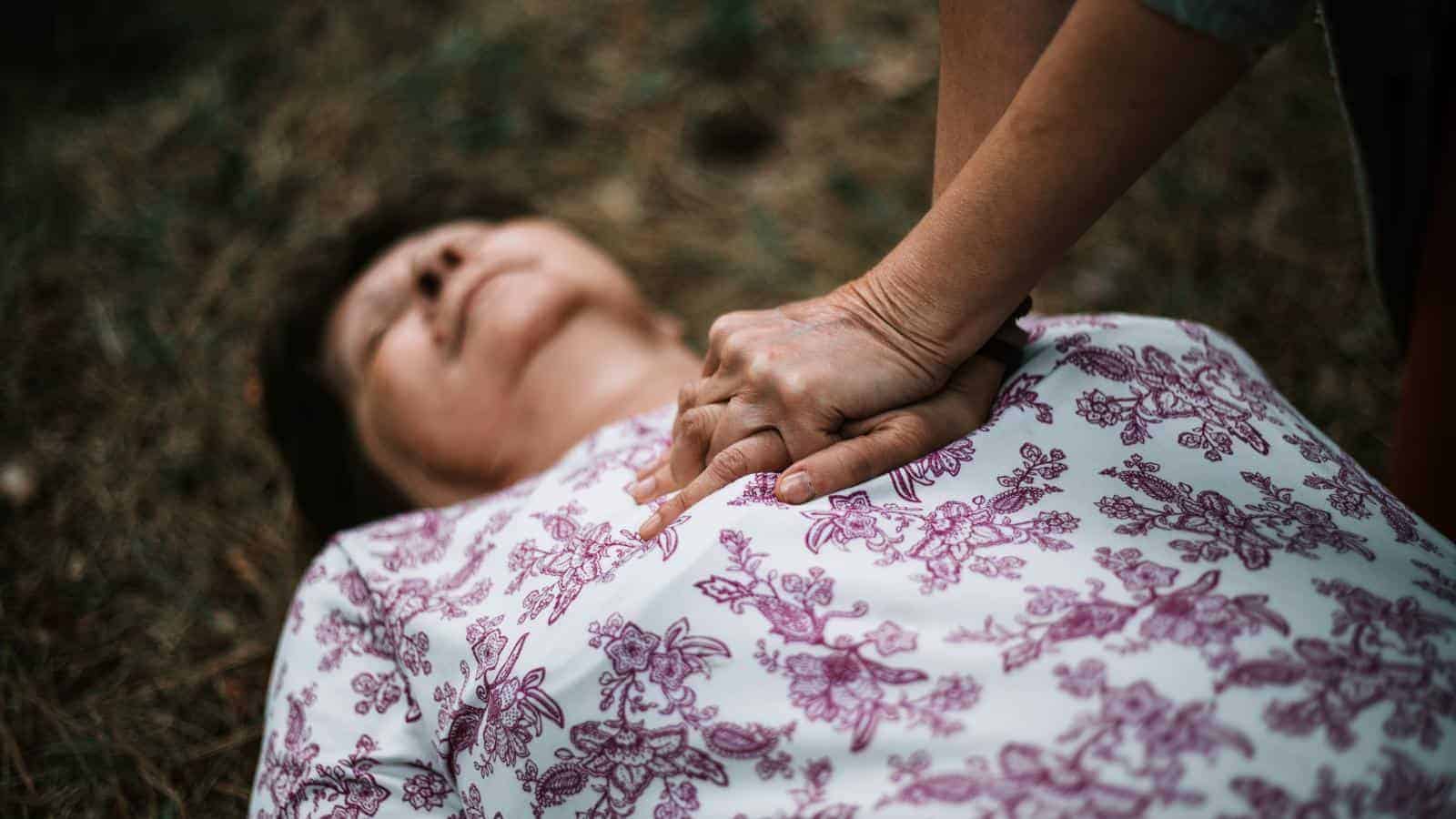
Unfortunately, the way CPR is portrayed on TV is not always a good reflection of reality. Many people are led to believe that CPR is almost always successful in bringing people back to life. However, according to NPR, only about 17% of CPR attempts successfully revive people who have suffered a cardiac arrest in the hospital. For people who receive CPR outside of hospice care, the success rate is even lower.
Dying in a Hospital Is the Best Option

While spending your last moments in a hospital may be the best option for some people, it’s not true that it’s the right choice for everyone. Many people find that passing away at home or in a hospice environment can be much more comfortable, peaceful, and beneficial for their mental well-being.
Morphine Accelerates Death
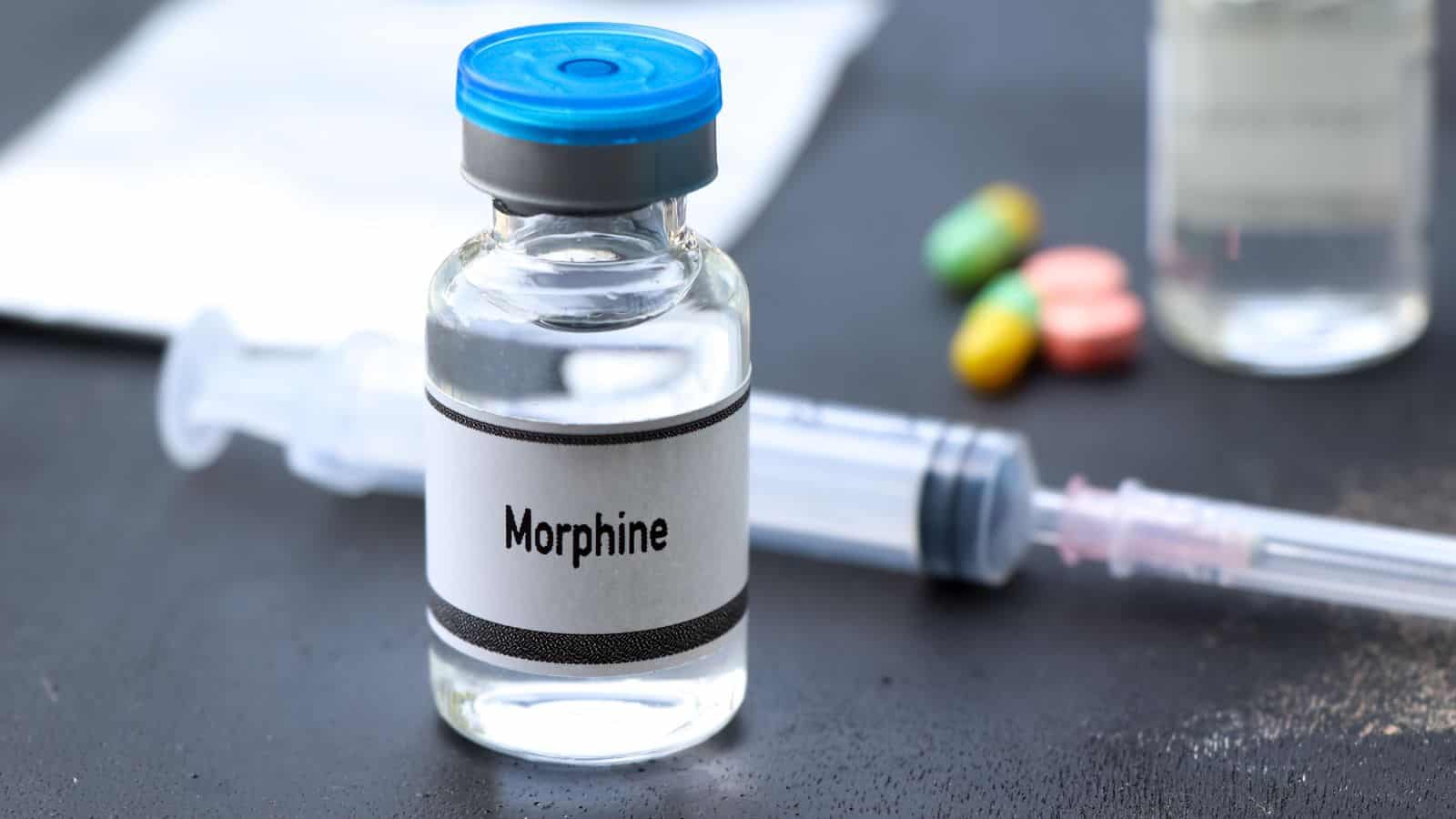
Some people mistakenly believe that taking morphine can bring death faster, making them more reluctant to take it. This is a misconception and can cause people to feel more pain than necessary, potentially making their last moments significantly more stressful and uncomfortable.
Only Older Adults Need Palliative Care

Most people only associate palliative care with elderly people coming to the end of their lives. But in reality, palliative care is useful and necessary for people of all ages, including children and young adults. It’s important to remember that anyone can develop a serious illness and require end-of-life care, regardless of their age.
Death Is Always a Negative Experience
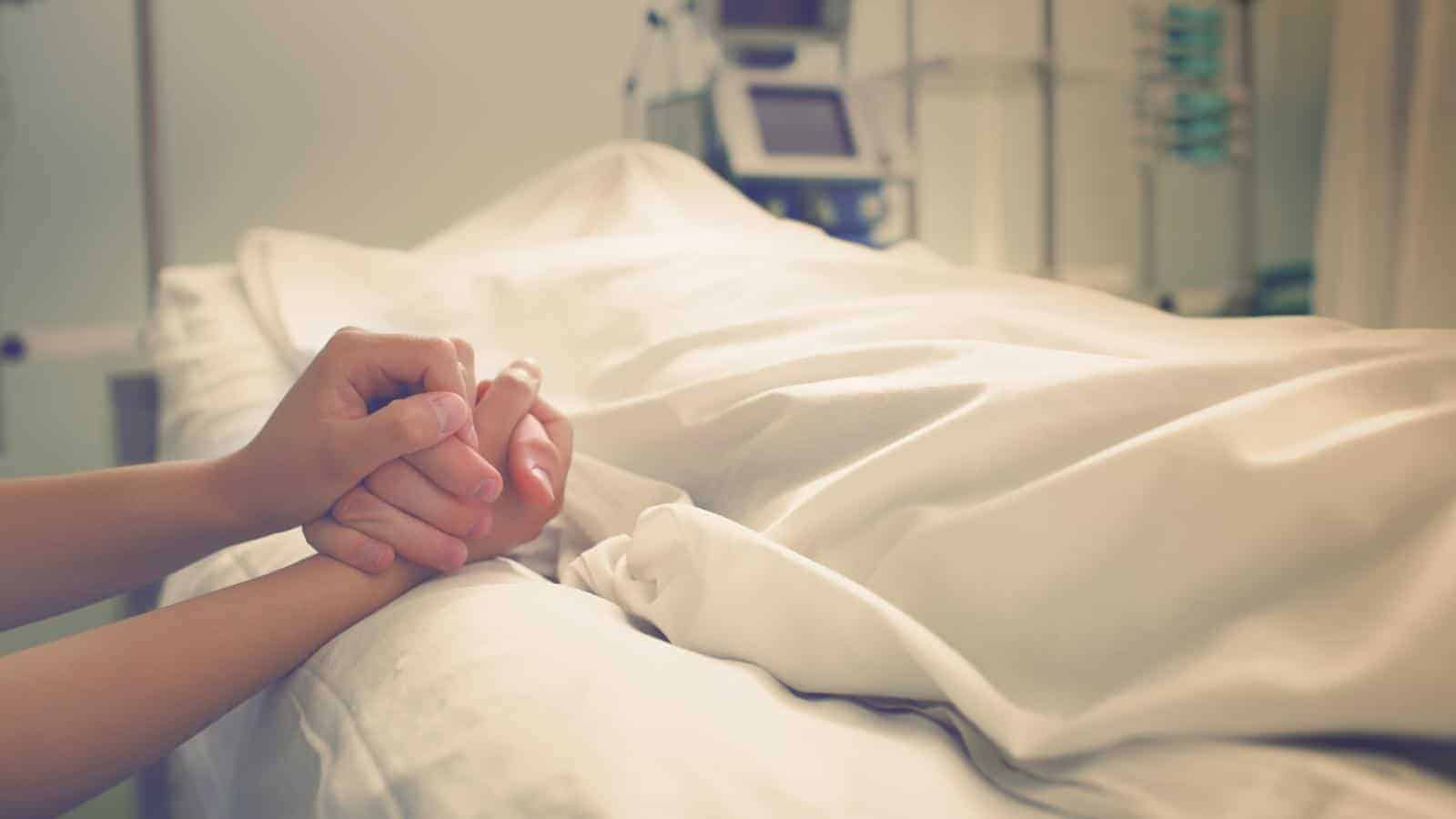
Contrary to popular belief, death doesn’t have to be a wholly negative experience. When people have the right care, support, and environment, they can pass away peacefully and even find a great deal of meaning and contentment in the experience. This is why end-of-life care can be so valuable in one’s final moments.
Advanced Directives Are Only for the Elderly

Advanced directives are definitely important for elderly people coming to the end of their lives, but they aren’t the only ones who benefit from them. People of all ages can develop unexpected illnesses or fall victim to an accident, so it’s a good idea to have plans in place no matter how healthy or young you are.
Doctors Know When Death Will Occur

Some people mistakenly think that doctors always know when you’re going to die and that if they don’t give you a straight answer, they’re just hiding the truth. But in reality, it can be very difficult to anticipate someone’s exact time of death, even if you’re a trained professional, making it a better option to be honest about being unsure.
Dying People Are Always Aware They Are Dying
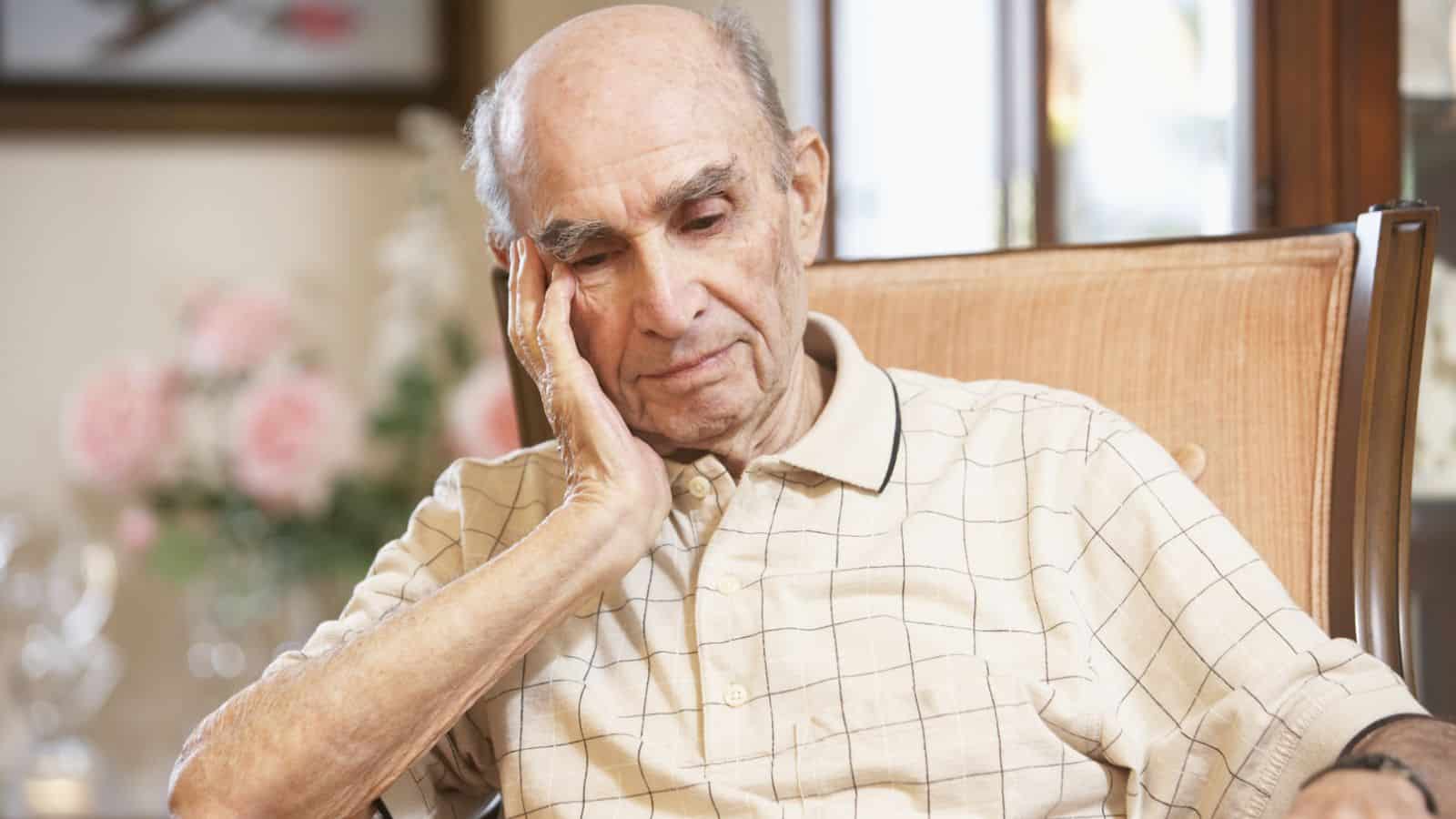
Some people think that you’ll always know when you’re in the process of dying, which can make the idea of death even more scary and stressful. However, a lot of people aren’t aware when they’re dying or about to die due to various factors, such as medication, changes in cognition, and a lack of pain or consciousness.
Dying People Must Eat and Drink

As noted by the Hospice of the North Coast, it’s normal for people who are coming to the end of their lives to lose their appetite and thirst. Trying to force them to continue eating and drinking can decrease their quality of life, causing pain, discomfort, or stress. Therefore, if they keep refusing food and drink, it’s often better to let them be.
Hospice Care Is Only for the Final Days
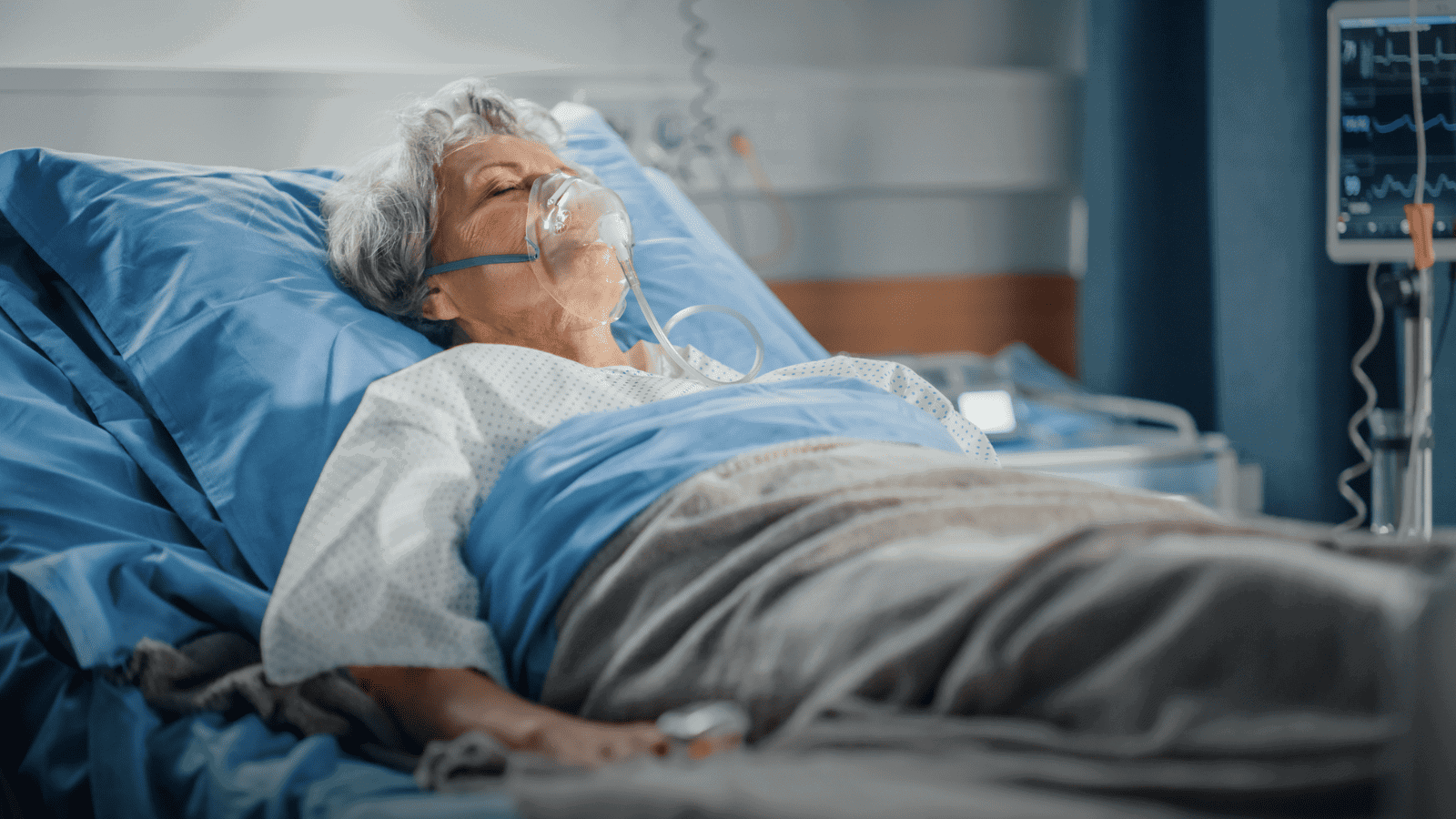
It makes sense why so many people think that hospice care is only used during one’s final days, but this isn’t actually true. Many people find that hospice care can vastly improve someone’s quality of life months ahead of when they actually die, increasing their overall well-being and level of comfort.
All Pain Can Be Relieved

Sadly, while pain can be significantly reduced, it’s not true that you can always completely alleviate someone’s pain during their final moments. Serious illnesses will inevitably come with some level of pain and discomfort, some of which may be present during a patient’s final days.
The Body Stops Functioning Suddenly

Dying is a process, not a sudden event. Therefore, it’s a misconception that your body will completely shut down all at once when you die. Dying usually happens more gradually, with different organs shutting down at different times before you finally pass away. However, this doesn’t mean that this process has to be painful or incredibly distressing.
Children Should Be Shielded from Death
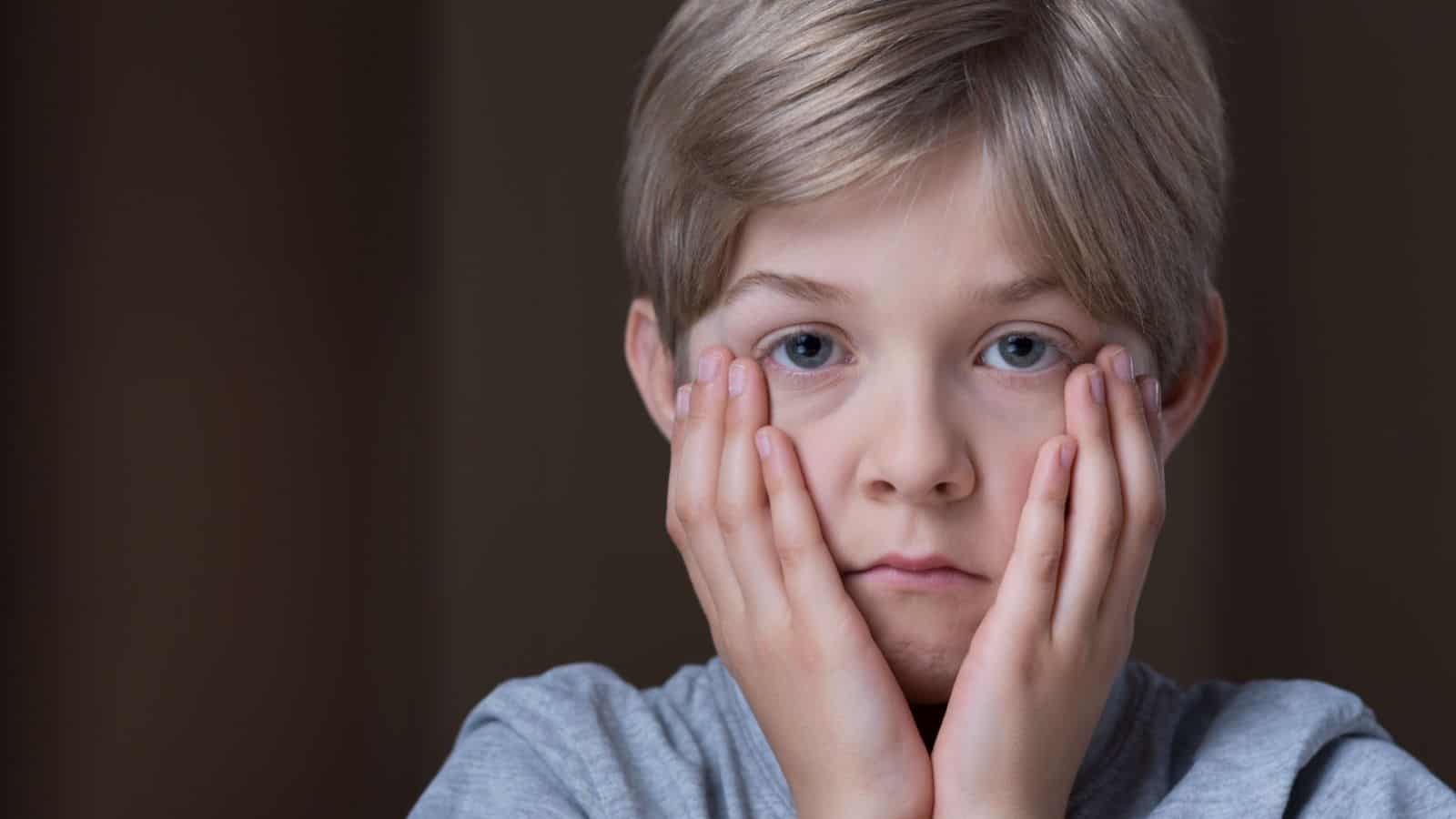
According to the Children’s Hospital of Philadelphia, avoiding talking about death with children can lead to confusion, stress, and a lack of understanding. So while it can feel difficult to tell your children about a loved one’s passing, doing so is important in helping them understand and grieve with you.
Up Next: 20 Seriously Stunning Natural Wonders Across America

Geological wonders, diverse ecosystems, and impressive waterfalls—the U.S. is home to a huge range of breathtaking landscapes and natural wonders across its many national parks and attractions. Head to these 20 locations for true natural beauty and never-ending adventure opportunities.
20 Seriously Stunning Natural Wonders Across America
17 Places That Undercover Cops Will Always Monitor

While it isn’t always obvious, undercover cops play a crucial role in maintaining public safety. They blend into the background in various locations, carefully observing and acting to prevent crime. In this article, we’ll reveal 17 places where you’re likely to find undercover cops—though you can bet you won’t see them!
17 Places That Undercover Cops Will Always Monitor
17 Things You’re Just Too Old To Be Doing Anymore
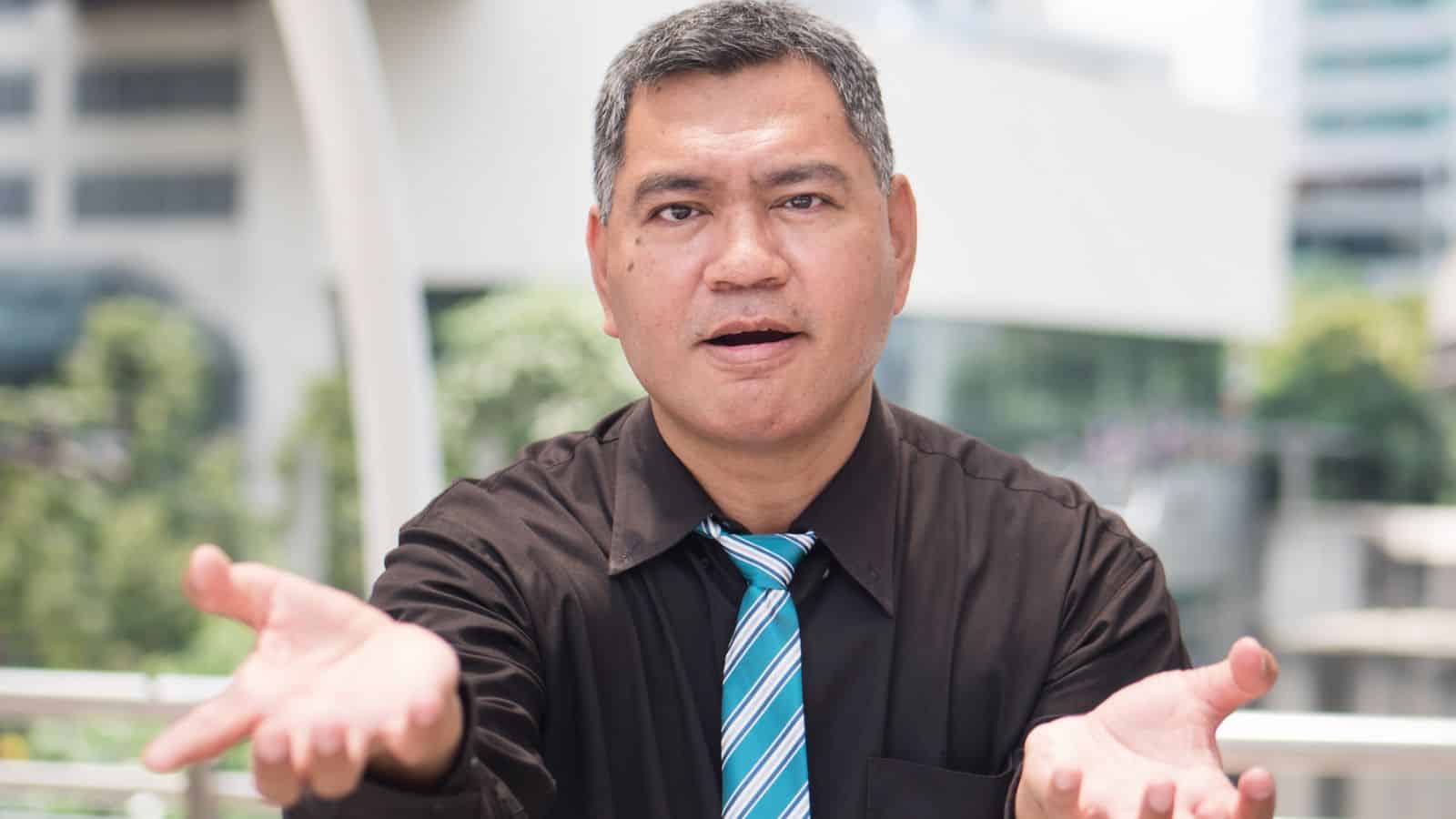
The older you get, the more fragile you are physically and mentally, so it’s important to prioritize your well-being every day. Whether you still feel young at 50 or are closer to 80, we’ve compiled 17 things you’re too old to be doing anymore.
